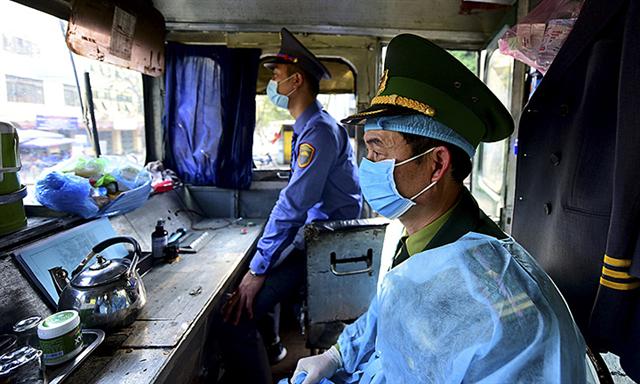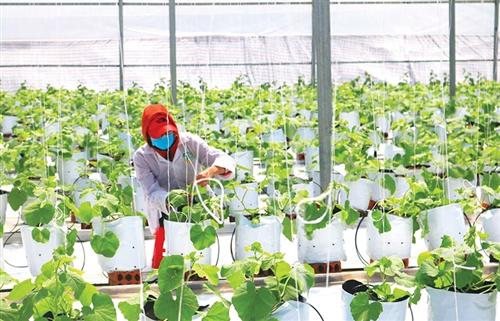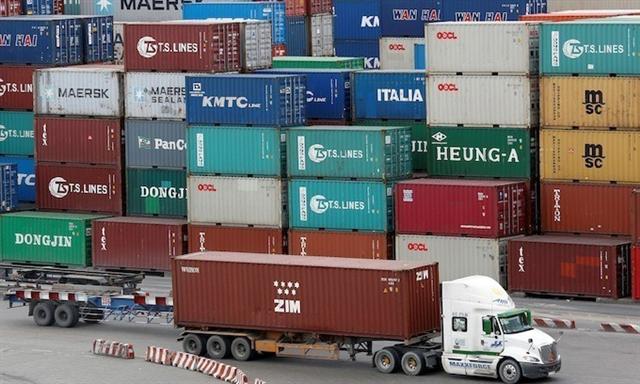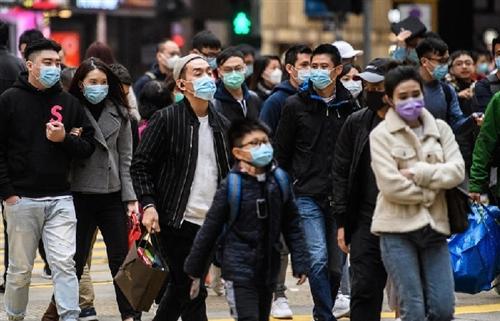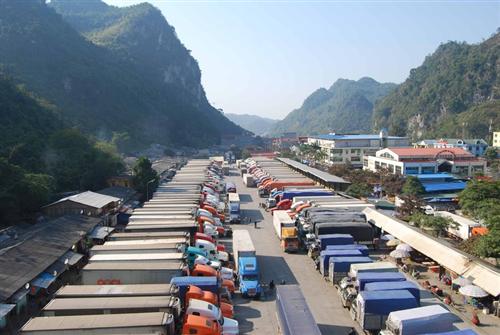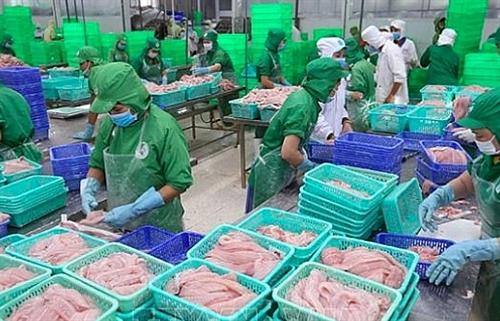Industrial sector’s growth likely to hit almost 3% in Q1
Industrial sector’s growth likely to hit almost 3% in Q1
Viet Nam’s industrial sector in the first quarter is projected to grow 2.68 per cent compared to the same period last year if the novel coronavirus (COVID-19) outbreak is brought under control, according to the General Statistics Office (GSO). 
Of which, the manufacturing and processing industry, that accounts for the lion’s share of the industrial sector, will be the hardest hit. This industry is likely to expand just 2.38 per cent instead of 10.47 per cent if the virus is handled.
Industries using materials imported from China are also badly affected as the country is a major supplier of materials and accessories for Viet Nam.
Other industries that will be affected include textile, garment, leather and footwear. In the first three months of this year, the textile industry is expected to grow 1.9 per cent, while the garment sector is forecast to contract 1.5 per cent and the leather and shoe production industry is likely to expand 0.5 per cent. Without the COVID-19 epidemic, the growth of these industries would have reached 10.5 per cent, 7.9 per cent and 8.5 per cent, respectively.
The production of motor vehicles and metals may also slow in the first quarter, rising only 6.9 per cent and 5.2 per cent, respectively. Meanwhile, electronics, computers and optical devices production will possibly see a decline of 2.3 per cent in this period.
Without the epidemic, production would have grown 9.3 per cent for motor vehicles, 9.6 per cent for metal products and 2.4 per cent for the group of electronics, computers and optical devices.
If this epidemic lasts until the end of the second quarter, the industrial sector’s growth is forecast to reach nearly 7 per cent in the first half of this year. In this scenario, the manufacturing and processing industry is estimated to gain growth of 8.51 per cent.
The GSO has proposed the Government take supportive measures for enterprises that suffer significant impacts from the coronavirus epidemic, such as seeking alternative suppliers, reducing export-import tariffs and boosting domestic consumption, said its General Director Nguyen Bich Lam.
Those are the enterprises operating in the industries of manufacturing, exporting and importing industrial products, especially textiles, leather, electronics, cars, steel, and food and foodstuff processing enterprises.
To stabilise domestic production, Lam said the GSO has proposed the Government to continue managing macro-economic policies to control inflation and maintain stability in the macro-economy as well as the monetary market.
At the same time, the Government should follow issues relating to import and export, including key export products, major export markets and material imports for production, to solve problems of import and export enterprises.
The Government is advised to address bottlenecks, including administrative procedures, to accelerate the implementation of major public investment projects nationwide, thus boosting socio-economic development.







